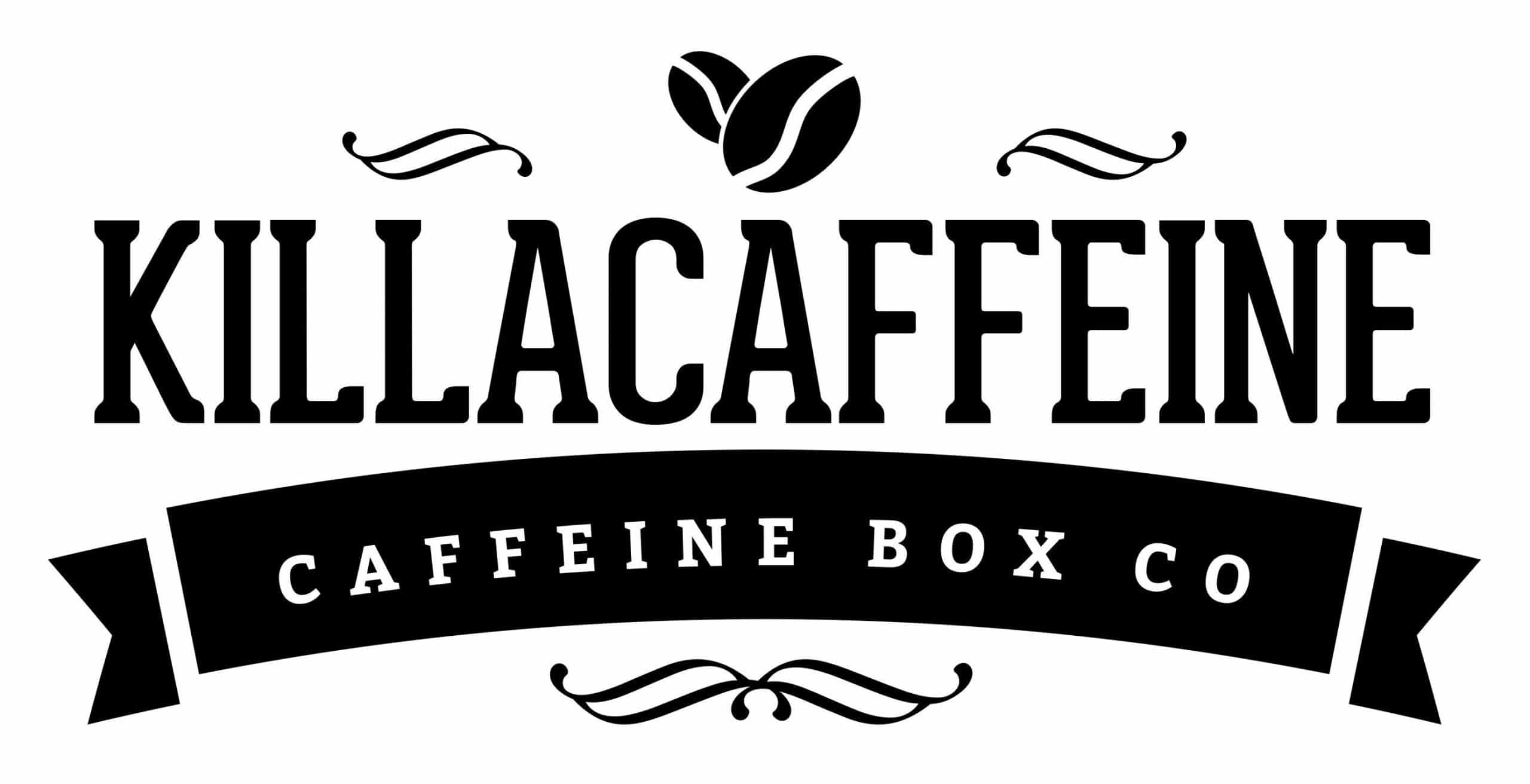We all have been there. Now and then, we turn to coffee as much for the caffeine blast as the robust flavor. There’s nothing quite as rejuvenating as a fresh cup of coffee, as the caffeine jolts your brain into action. But sometimes, you want a high caffeine coffee bean, the strongest possible coffee – so what do you do? Well, you can turn to Pennsylvania’s KillaCaffeine to satisfy that urge and get a memory boost in the process!
It’s been known for a while that caffeine can improve attention and focus but a study published in the journal Nature Neuroscience looked at caffeine’s effect on memory consolidation. John Hopkins University of Baltimore, Maryland, conducted the study in which people who did not consume caffeine were either given a placebo or a caffeine supplement and were asked to view images 1, 3 and 24 hours apart. These pictures were changed slightly after 24 hours, and the individuals who consumed the caffeine supplement were more likely to notice the changes rather than claiming it was the same image.
Caffeine is also used by many students across the world as a study-aid to have enough energy to cram the night before an exam. “We’ve always known that caffeine has cognitive-enhancing effects, but its particular effects on strengthening memories and making them resistant to forgetting has never been examined in detail in humans,” said senior author Michael Yassa, an assistant professor of psychological and brain sciences at Johns Hopkins University. There is an extensive amount of research on caffeine and its effect on memory and other cognitive processes. The results vary, but the consensus appears to be in general support of the idea that caffeine boosts cognitive functioning including boosting memory.
KillaCaffeine’s High Caffeine Coffee Beans can be purchased at our online store, click here.
Study Reference: Daniel Borota, Elizabeth Murray, Gizem Keceli, Allen Chang, Joseph M Watabe, Maria Ly, John P Toscano, Michael A Yassa. Post-study caffeine administration enhances memory consolidation in humans. Nature Neuroscience, 2014; DOI: 10.1038/nn.3623

